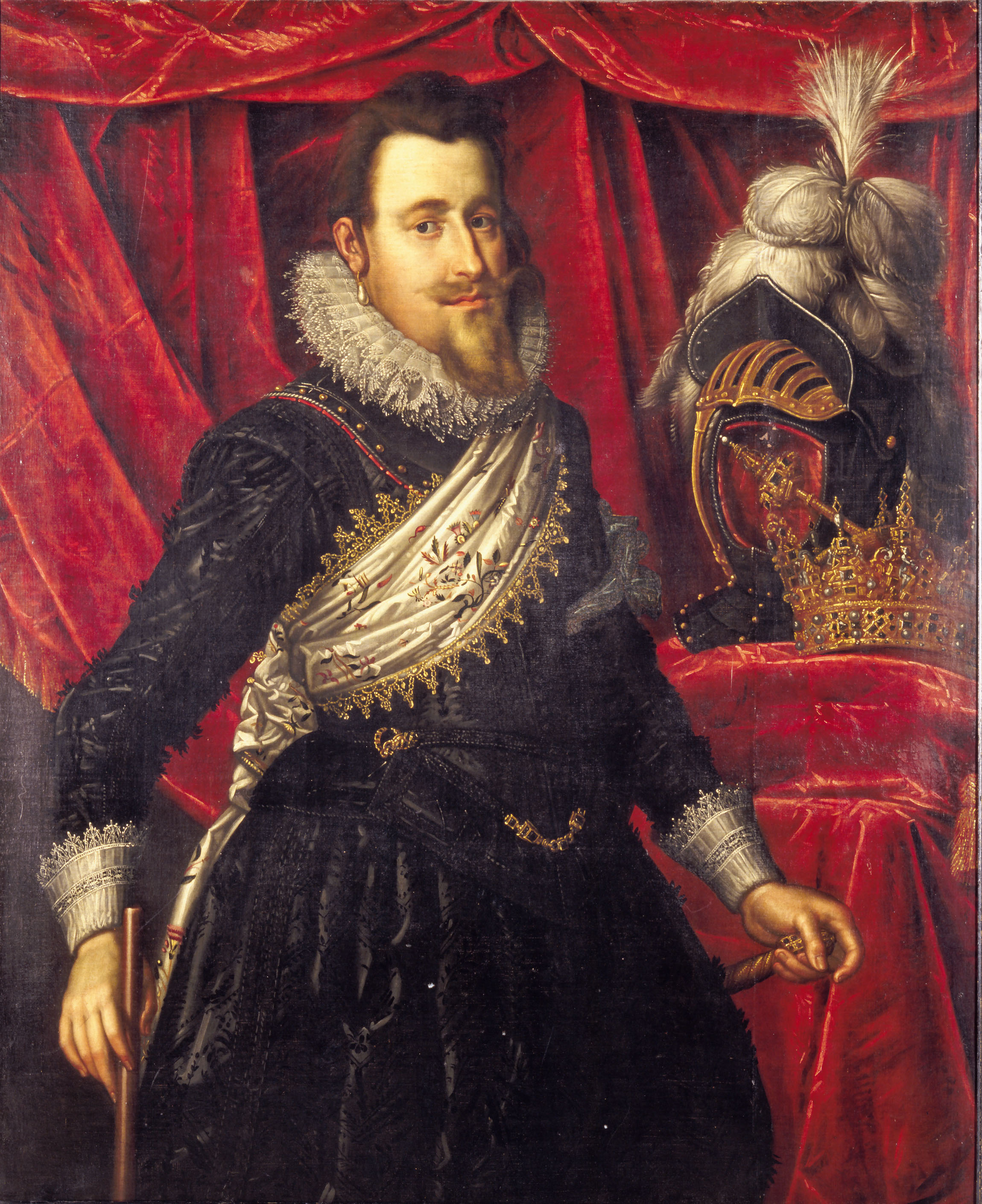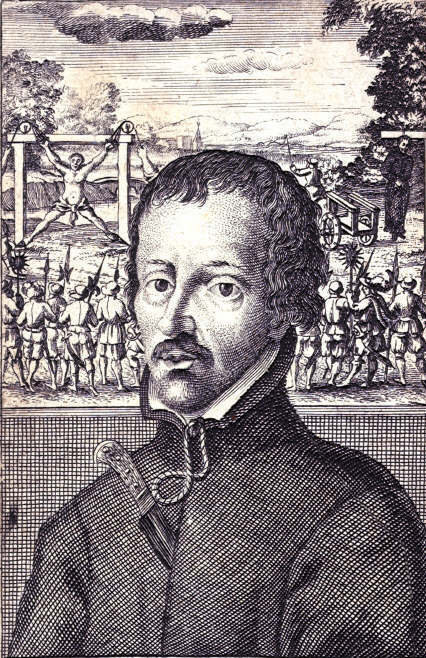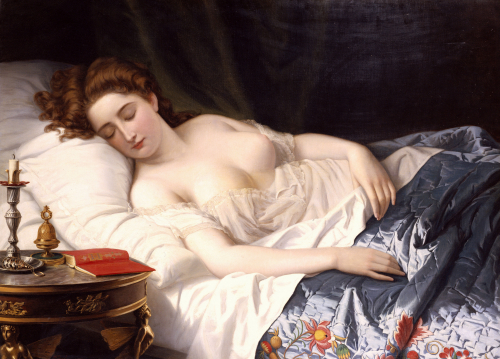|
Raphael Holinshed
Raphael Holinshed (; before 24 April 1582) was an English chronicler, who was most famous for his work on ''The Chronicles of England, Scotlande, and Irelande'', commonly known as ''Holinshed's Chronicles''. It was the "first complete printed history of England composed as a continuous narrative". The ''Holinshed Chronicles'' was a major influence on many Renaissance writers, such as Shakespeare, Spenser, Daniel and Marlowe. Biography Little is known about Holinshed's life and for the most part his early years are primarily a matter of speculation. Holinshed was most likely born to Ralph Holinshed of Cophurst in Sutton Downes, Cheshire. The date of his birth is unknown. Holinshed is assumed to have received an education from student records from Christ's College in Cambridge, which show a student under the name Holinshed attending the college from 1544 to 1545. In his later years, he lived in London where he worked as a translator for the printer Reginald Wolfe. Wolfe gave ... [...More Info...] [...Related Items...] OR: [Wikipedia] [Google] [Baidu] |
1577 Printing Of Holinshed's Chronicles
Year 1577 (Roman numerals, MDLXXVII) was a common year starting on Tuesday of the Julian calendar. Events January–March * January 9 – The second Union of Brussels is formed, first without the Protestant counties of Holland and Zeeland (which is accepted by King Philip II of Spain), later with the Protestants, which means open rebellion of the whole of the Seventeen Provinces, Netherlands. * February 12 – The "Edict of 1577, Perpetual Edict", providing for the removal of Spanish troops from what is now the Netherlands, is signed in the city of Marche-en-Famenne in the Spanish Netherlands (now Belgium) by the Spanish Governor-General, John of Austria, Don Juan de Austria and representatives of the Dutch rebellion. The Perpetual Edict will last only five months, before Don Juan begins new attacks on the rebels. * February 23 – The new Shah of Iran, Ismail II, has most of the advisers of his late father executed, including Prince Ibrahim Mirza. * March ... [...More Info...] [...Related Items...] OR: [Wikipedia] [Google] [Baidu] |
Edmund Campion
Edmund Campion, SJ (25 January 15401 December 1581) was an English Jesuit priest and martyr. While conducting an underground ministry in officially Anglican England, Campion was arrested by priest hunters. Convicted of high treason, he was hanged, drawn and quartered at Tyburn. Campion was beatified by Pope Leo XIII in 1886 and canonised in 1970 by Pope Paul VI as one of the Forty Martyrs of England and Wales. His feast day is celebrated on 1 December. Early years and education (1540–1569) Born in London on 25 January 1540, Campion was the son of a bookseller in Paternoster Row, near St Paul's Cathedral. He received his early education at Christ's Hospital school and, at the age of 13, was chosen to make the complimentary speech when Queen Mary visited the city in August 1553.Chapman, John H"The Persecution under Elizabeth"''Transactions of the Royal Historical Society'', Old Series Vol. 9 (1881), pp. 30–34. Retrieved 31 January 2013. William Chester, a governor o ... [...More Info...] [...Related Items...] OR: [Wikipedia] [Google] [Baidu] |
Macbeth (character)
Lord Macbeth, the Thane of Glamis and quickly the Thane of Cawdor, is the title character and main protagonist in William Shakespeare's ''Macbeth'' (c. 1603–1607). The character is loosely based on the historical king Macbeth of Scotland and is derived largely from the account in ''Holinshed's Chronicles'' (1577), a compilation of British history. A Scottish noble and an initially valiant military man, Macbeth, after a supernatural prophecy and the urging of his wife, Lady Macbeth, commits regicide, usurping the kingship of Scotland. He thereafter lives in anxiety and fear, unable to rest or to trust his nobles. He leads a reign of terror until defeated by his former ally Macduff. The throne is then restored to the rightful heir, the murdered King Duncan's son, Malcolm. Origin Shakespeare's version of Macbeth is based upon Macbeth of Scotland, as found in the narratives of the Kings Duff and Duncan in ''Holinshed's Chronicles'' (1587). In the play The tragedy begin ... [...More Info...] [...Related Items...] OR: [Wikipedia] [Google] [Baidu] |
King Duncan
King Duncan is a fictional character in Shakespeare's ''Macbeth.'' He is the father of two youthful sons ( Malcolm and Donalbain), and the victim of a well-plotted regicide in a power grab by his trusted captain Macbeth. The origin of the character lies in a narrative of the historical Donnchad mac Crinain, King of Scots, in Raphael Holinshed's 1587 '' The Chronicles of England, Scotland, and Ireland,'' a history of Britain familiar to Shakespeare and his contemporaries. Unlike Holinshed's incompetent King Duncan (who is credited in the narrative with a "feeble and slothful administration"), Shakespeare's King Duncan is crafted as a sensitive, insightful, and generous father-figure whose murder grieves Scotland and is accounted the cause of turmoil in the natural world. Analysis King Duncan is a father-figure who is very generous and kind. Duncan is also firm ("No more that Thane of Cawdor shall deceive / Our bosom interest. Go pronounce his present death / And with his for ... [...More Info...] [...Related Items...] OR: [Wikipedia] [Google] [Baidu] |
Duncan I Of Scotland
Donnchad mac Crinain (; anglicised as Duncan I, and nicknamed An t-Ilgarach, "the Diseased" or "the Sick"; – 14 August 1040)Broun, "Duncan I (d. 1040)". was king of Scotland (''Alba'') from 1034 to 1040. He is the historical basis of the " King Duncan" in Shakespeare's play ''Macbeth''. Life The ancestry of King Duncan is not certain. In modern texts, he is the son of Crínán, hereditary lay abbot of Dunkeld, and Bethóc, daughter of King Malcolm II. However, in the late 17th century the historian Frederic Van Bossen, after collecting historical accounts throughout Europe, identified King Duncan as the first son of Abonarhl ap crinan (the grandson of Crinan) and princess Beatrice, the eldest daughter to King Malcom II, and Gunnor who was the daughter of the " 2nd Duke of Normandy". Unlike the "King Duncan" of Shakespeare's ''Macbeth'', the historical Duncan appears to have been a young man. He followed his grandfather Malcolm as king after the latter's death on 25 N ... [...More Info...] [...Related Items...] OR: [Wikipedia] [Google] [Baidu] |
Cordelia (King Lear)
Cordelia is a fictional character in William Shakespeare's tragic play ''King Lear''. Cordelia is the youngest of King Lear's three daughters and his favorite. After her elderly father offers her the opportunity to profess her love to him in return for one-third of the land in his kingdom, she replies that she loves him "according to her bond" and she is punished for the majority of the play. Origin Shakespeare had numerous resources to consult while writing ''King Lear''. The oldest source in print was Geoffrey of Monmouth's '' The History of the Kings of Britain'' (). This is the earliest written record of Cordelia. Here she is depicted as Queen Cordelia. Role in play Introduction In Shakespeare's ''King Lear'', Cordelia is briefly on stage during Act 1, Scene 1. Her father Lear exiles her as a response to her honesty when he asks for professions of love from his three daughters to determine how to divide the lands of his kingdom between them. Cordelia's sisters, Goner ... [...More Info...] [...Related Items...] OR: [Wikipedia] [Google] [Baidu] |
Llŷr
Llŷr ( (); meaning 'half-speech' or 'half-language') is a figure in Welsh mythology, probably originally a deity, probably derived from Irish Ler ('the Sea'), father of ''Manannán mac Lir''. Other than his progeny and odd tidbits, his identity remains obscure. Llŷr appears as the father of Brân, Brânwen and Manawydan by Penarddun in the ''Branwen, Daughter of Llyr'', the Second Branch of the '' Mabinogi''.: "Bendigeidfran son of Llŷr was crowned king. His two brothers on the mother's side (Nisien and Efnisien) were sons of Euroswydd by his mother Penarddun." The Welsh Triads states that Llŷr was imprisoned by Euroswydd, and presumably, Penarddun subsequently married Euroswydd, giving birth by Euroswydd to her two younger sons, Nisien and Efnisien, as stated in the Second Branch. William Shakespeare's play ''King Lear'' is based on material taken secondhand (through Raphael Holinshed) from Geoffrey of Monmouth's mythical king King Leir, who has often been conn ... [...More Info...] [...Related Items...] OR: [Wikipedia] [Google] [Baidu] |
Cymbeline
''Cymbeline'' (), also known as ''The Tragedie of Cymbeline'' or ''Cymbeline, King of Britain'', is a play by William Shakespeare set in British Iron Age, Ancient Britain () and based on legends that formed part of the Matter of Britain concerning the early historical Celtic British King Cunobeline. Although it is listed as a tragedy in the First Folio, modern critics often classify ''Cymbeline'' as a Shakespeare's late romances, romance or even a Shakespearean comedy, comedy. Like ''Othello'' and ''The Winter's Tale'', it deals with the themes of innocence and jealousy. While the precise date of composition remains unknown, the play was certainly produced as early as 1611. Characters ;In Britain * Cymbeline – Modelled on the historical King of Britain, Cunobeline, and father to Imogen * Queen – Cymbeline's second wife and mother to Cloten * Imogen (Cymbeline), Imogen / Innogen – Cymbeline's daughter by a former queen, later disguised as the page Fidele * Posthumus Leon ... [...More Info...] [...Related Items...] OR: [Wikipedia] [Google] [Baidu] |
King Lear
''The Tragedy of King Lear'', often shortened to ''King Lear'', is a Shakespearean tragedy, tragedy written by William Shakespeare. It is loosely based on the mythological Leir of Britain. King Lear, in preparation for his old age, divides his power and land between his daughters Goneril and Regan (King Lear), Regan, who pay homage to gain favour, feigning love. The King's third daughter, Cordelia (King Lear), Cordelia, is offered a third of his kingdom also, but refuses to be insincere in her praise and affection. She instead offers the respect of a daughter and is disowned by Lear who seeks flattery. Regan and Goneril subsequently break promises to host Lear and his entourage, so he opts to become homeless and destitute, and goes insane. The French King married to Cordelia then invades Britain to restore order and Lear's rule. In a subplot, Edmund, the illegitimate son of the Earl of Gloucester, betrays his brother and father. Tragically, Lear, Cordelia and several other main ... [...More Info...] [...Related Items...] OR: [Wikipedia] [Google] [Baidu] |
Macbeth
''The Tragedy of Macbeth'', often shortened to ''Macbeth'' (), is a tragedy by William Shakespeare, estimated to have been first performed in 1606. It dramatises the physically violent and damaging psychological effects of political ambitions and power. It was first published in the Folio of 1623, possibly from a prompt book, and is Shakespeare's shortest tragedy. Scholars believe ''Macbeth'', of all the plays that Shakespeare wrote during the reign of King James I, contains the most allusions to James, patron of Shakespeare's acting company. In the play, a brave Scottish general named Macbeth receives a prophecy from a trio of witches that one day he will become King of Scotland. Consumed by ambition and spurred to violence by his wife, Macbeth murders the king and takes the Scottish throne for himself. Then, racked with guilt and paranoia, he commits further violent murders to protect himself from enmity and suspicion, soon becoming a tyrannical ruler. The bloo ... [...More Info...] [...Related Items...] OR: [Wikipedia] [Google] [Baidu] |
Richard III (play)
''The Tragedy of Richard the Third'', often shortened to ''Richard III'', is a play by William Shakespeare, which depicts the Niccolò_Machiavelli, Machiavellian rise to power and subsequent short reign of King Richard III of England. It was probably written . It is labelled a Shakespearean history, history in the First Folio, and is usually considered one, but it is sometimes called a Shakespearean tragedy, tragedy, as in the quarto edition. ''Richard III'' concludes Shakespeare's first tetralogy which also contains ''Henry VI, Part 1'', ''Henry VI, Part 2'', and ''Henry VI, Part 3''. It is the second longest play in the Shakespeare's plays, Shakespearean canon and is the longest of the First Folio, whose version of ''Hamlet'', otherwise the longest, is shorter than its quarto counterpart. The play is often abridged for brevity, and peripheral characters removed. In such cases, extra lines are often invented or added from elsewhere to establish the nature of the characters' rel ... [...More Info...] [...Related Items...] OR: [Wikipedia] [Google] [Baidu] |
William Shakespeare
William Shakespeare ( 23 April 1564 – 23 April 1616) was an English playwright, poet and actor. He is widely regarded as the greatest writer in the English language and the world's pre-eminent dramatist. He is often called England's national poet and the "Bard of River Avon, Warwickshire, Avon" or simply "the Bard". His extant works, including William Shakespeare's collaborations, collaborations, consist of some Shakespeare's plays, 39 plays, Shakespeare's sonnets, 154 sonnets, three long narrative poems and a few other verses, some of uncertain authorship. His plays List of translations of works by William Shakespeare, have been translated into every major modern language, living language and are performed more often than those of any other playwright. Shakespeare remains arguably the most influential writer in the English language, and his works continue to be studied and reinterpreted. Shakespeare was born and raised in Stratford-upon-Avon, Warwickshire. At the age of 18 ... [...More Info...] [...Related Items...] OR: [Wikipedia] [Google] [Baidu] |






